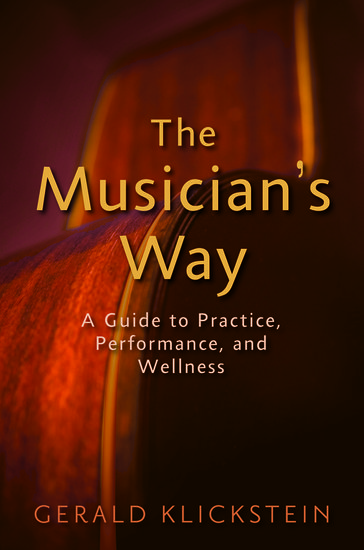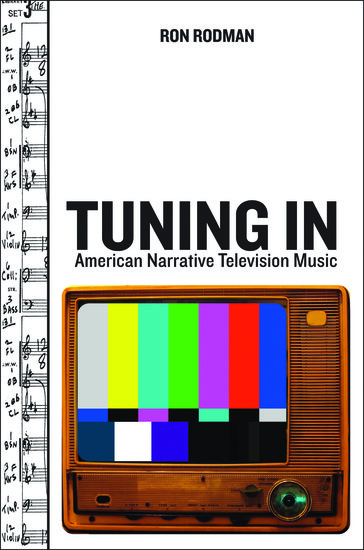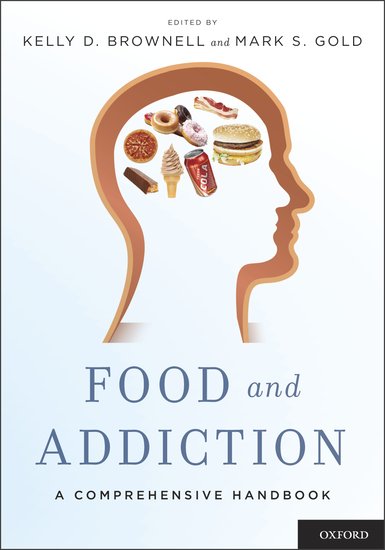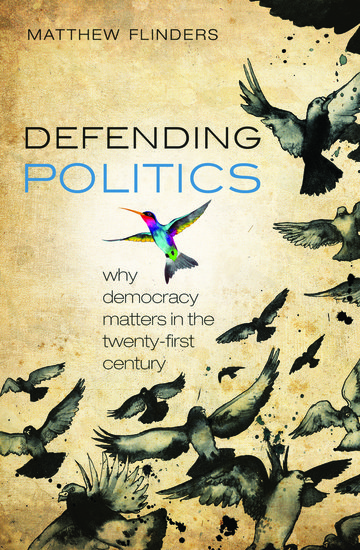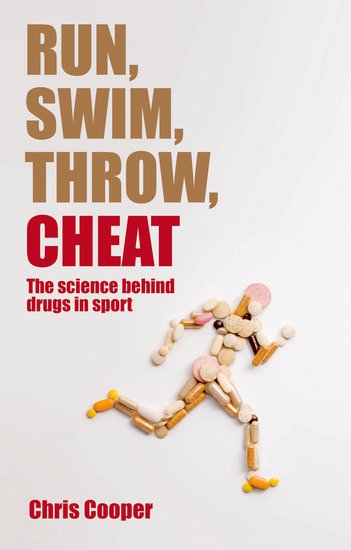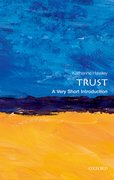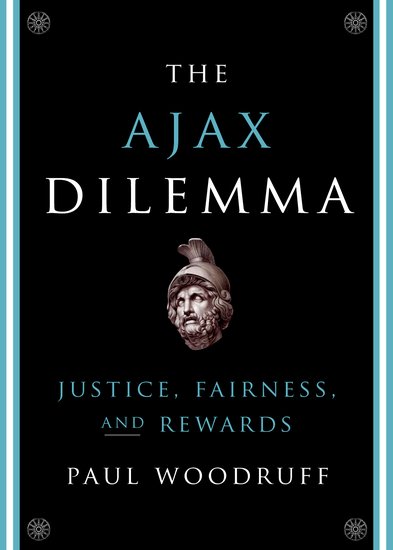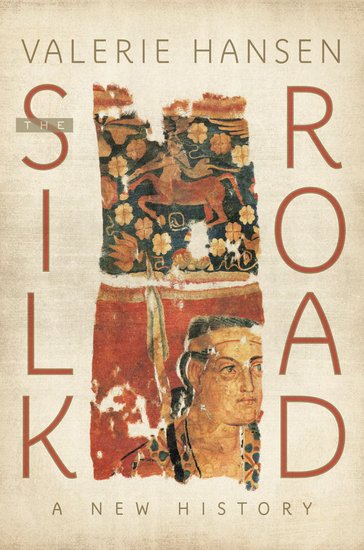In memoriam: Robert Hughes
Oxford University Press is saddened to hear of the passing of Robert Hughes. Robert Hughes was born in Australia in 1938 and lived in Europe and the United States since 1964. He worked in New York as an art critic for Time Magazine for over three decades from 1970 onward. He twice received the Franklin Jeweer Mather Award for Distinguished Criticism from the College Art Association of America. He is the author of numerous books, including Culture of Complaint: The Fraying of America, which Oxford University Press published in 1993. Publishers Weekly called it a “a withering, salubrious jeremiad.” Robert Hughes is survived by his wife, two stepsons, brother, sister, and niece.




